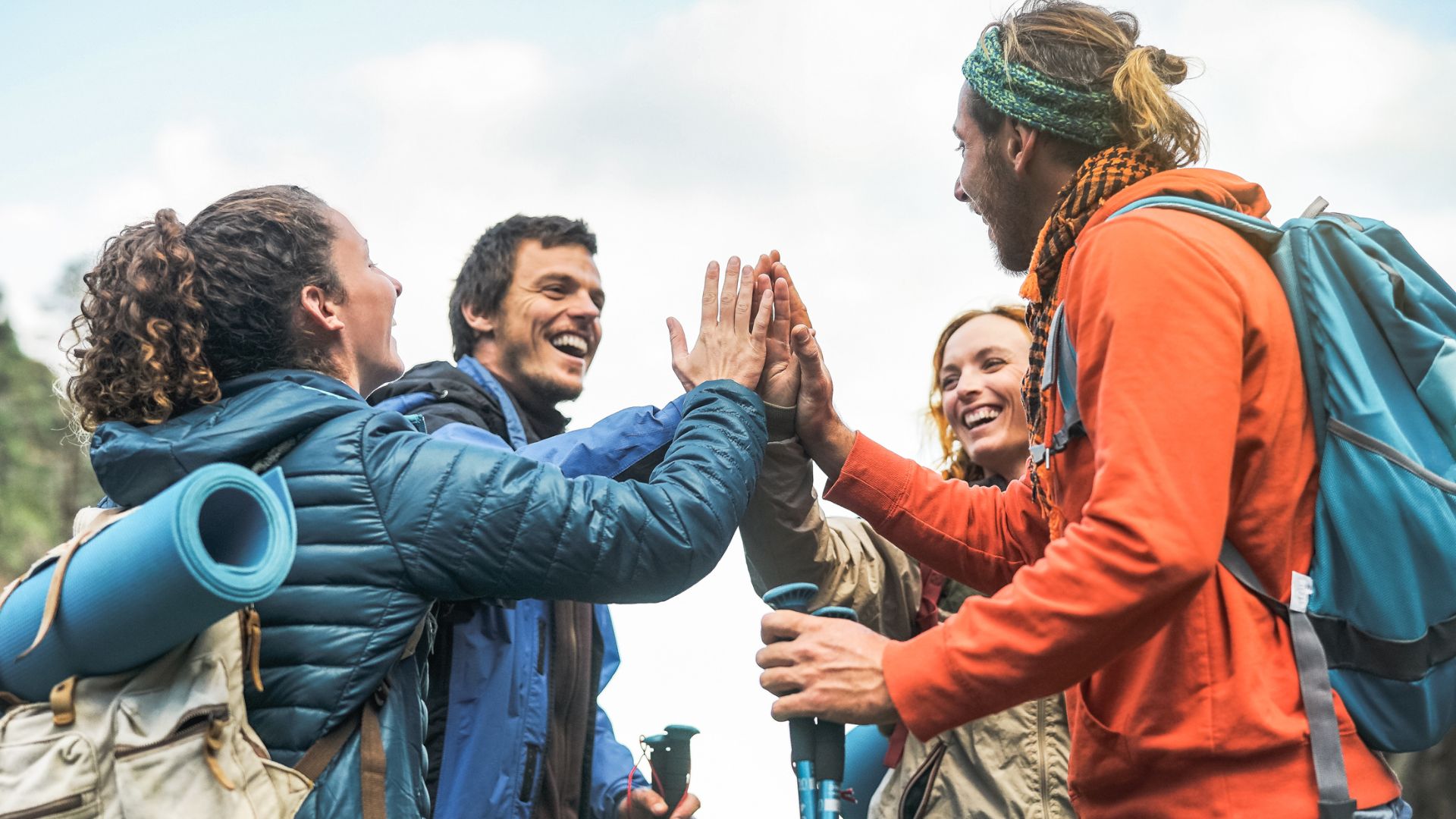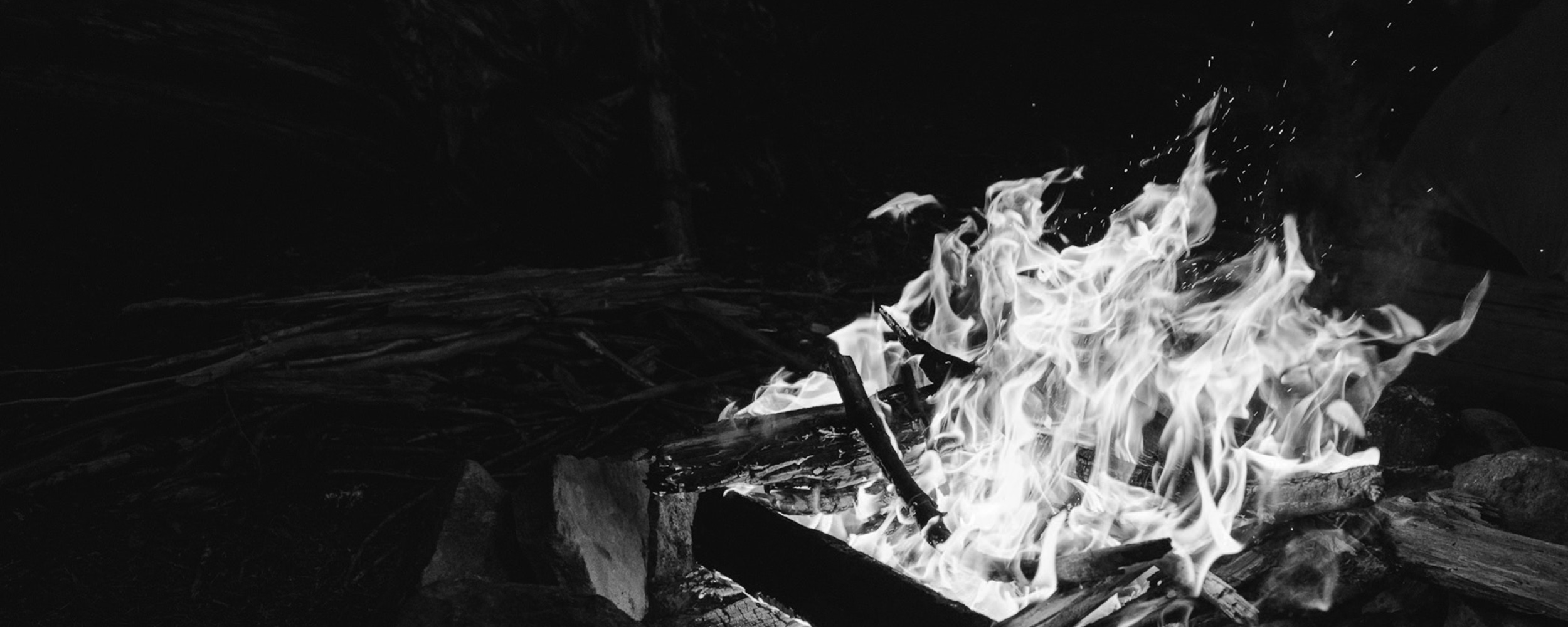
15 Jun Beyond Physicality: Mindset Mastery for Trekking Training… and life!
The journey of life, much like an adventurous trek or climb, demands more than just physical prowess and skills. Beyond a point, these elements yield to an even more formidable force: mindset. It’s the resilient echo in the vast expanse of our minds that fuels our ability to endure. After all, as legendary mountaineer Sir Edmund Hillary aptly stated, “It’s not the mountain we conquer, but ourselves.”
Many of us thrive when the sun is shining, and everything smells of roses. However, when the unexpected happens, when the trail gets tough, we falter. The classic solution? Resilience. As we get better at something, we gain confidence. But in the beginning, there’s a high chance of stumbling. Fortunately, resilience can be honed, just like any other skill, through continuous practice. The key is not only practicing the physical but also cultivating our mindset (Dweck, 2006).
Indeed, life is 20% what happens to us and 80% how we react (Luszczynska, Benight, & Cieslak, 2009). When a challenging situation occurs, it’s essential to consciously slow down. The first exercise? Take six deep breaths. Inhale through the nose, then exhale through the mouth as though you’re breathing through a straw. This technique can significantly reduce stress and help recenter the mind (Ma, Zhou, Li, & Koga, 2017).
Once you’ve achieved a calmer state, engage in a grounding exercise. Ask yourself: What can I hear, see, and feel? This approach can enhance your awareness and help you gain perspective. Then, evaluate your behavior and thoughts. Are the words you’re whispering to yourself constructive or destructive? Labeling and analyzing our thoughts can bring clarity and perspective.
I firmly believe the world is a benevolent place and every challenge is a disguised lesson. When encountering hardships, let curiosity lead. This mindset resonates with the spirit of adventure echoed by Reinhold Messner, one of the world’s greatest mountaineers, who said, “Mountains are not fair or unfair, they’re just dangerous.” Even when situations appear grim, there are opportunities for learning and growth.
Tragedy, though painful, can teach us about ourselves. Through adversity, we grow, much like a climber navigating treacherous terrains. This approach is not about glossing over situations with a positive veneer but about acknowledging and observing each situation truthfully.
Remember, when engaging in self-talk, ask yourself: Is this a truth or an opinion? Distinguishing between these two can significantly shift our perspective and influence our actions.
In conclusion, training your mind is just as crucial as training your body for trekking or any other adventure. As Sir Edmund Hillary, the man who first conquered Mount Everest, stated, “It’s not the mountain we conquer, but ourselves.” So, keep practicing, keep learning, and remember, every challenge is a chance to conquer yourself.
If you’re planning an adventure, I can help you get started with 5 simple ways. From a free training video, to our in-depth lecture series the altitude workshops, to the adventure planning dashboard or personalized training and preparation. You can have the resources you need to make your adventure a success.
Visit the links below to learn more and start your adventure journey now!
Start Here with 5 simple ways I can help you now!
STEP #1 FREE TRAINING
Get our free training
STEP #2 BOOK
Get the Complete Guide to Altitude Illnesses handbook
STEP #3 LECTURES
Get the Altitude workshops course
STEP #4 DASHBOARD
Get the ADVENTURE PLANNING DASHBOARD
STEP #5 TRAINING & PREPARATION
Need help focusing on what you need to do?
References:
Dweck, C. S. (2006). Mindset: The New Psychology of Success. Random House.
Luszczynska, A., Benight, C. C., & Cieslak, R. (2009). Self-efficacy and health-related outcomes of collective trauma: A systematic review. European Psychologist, 14(1), 51-62.
Ma, X., Zhou, Z., Li, J., & Koga, Y. (2017). The effect of diaphragmatic breathing on attention, negative affect and stress in healthy adults. Frontiers in psychology, 8, 874.



No Comments